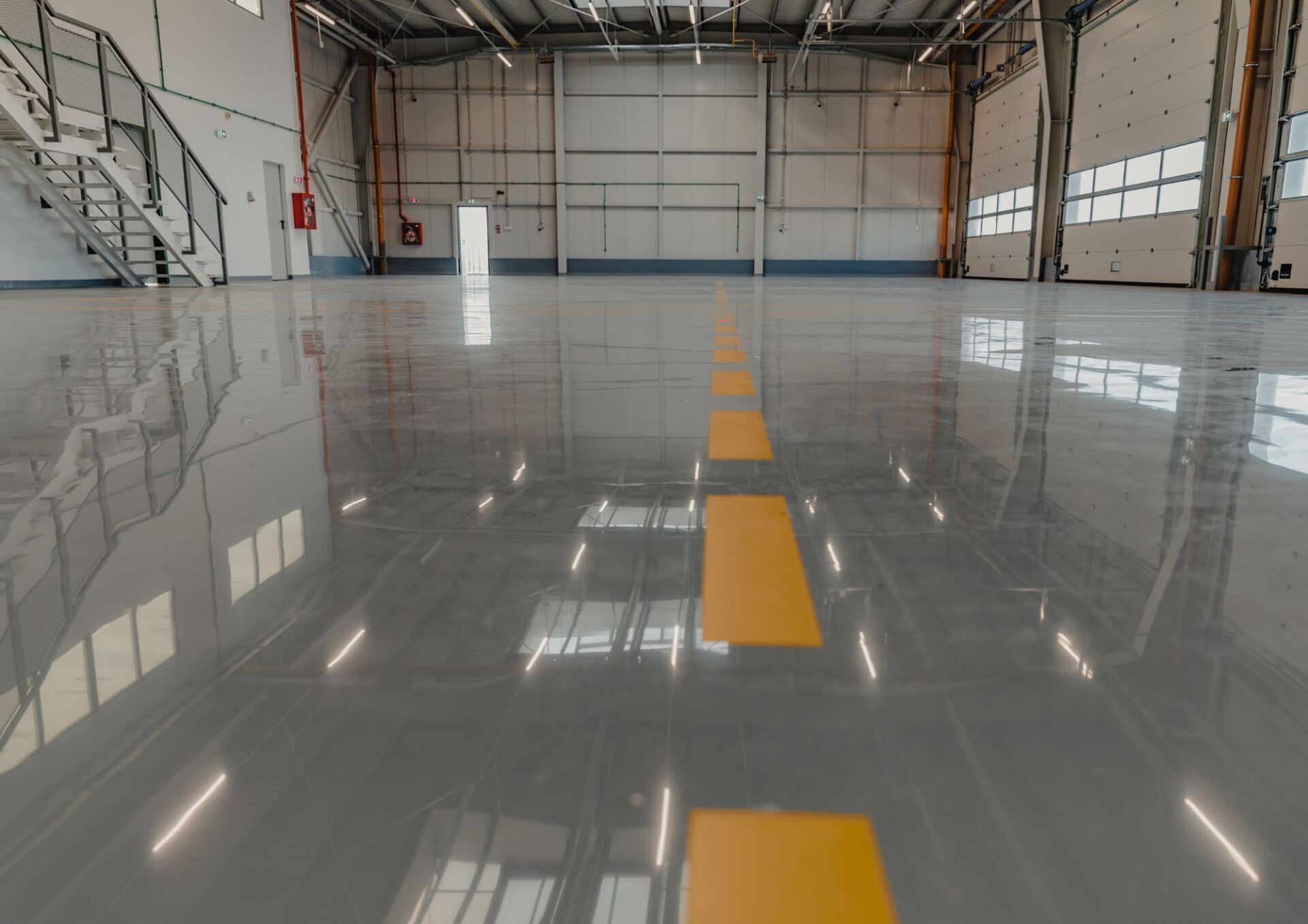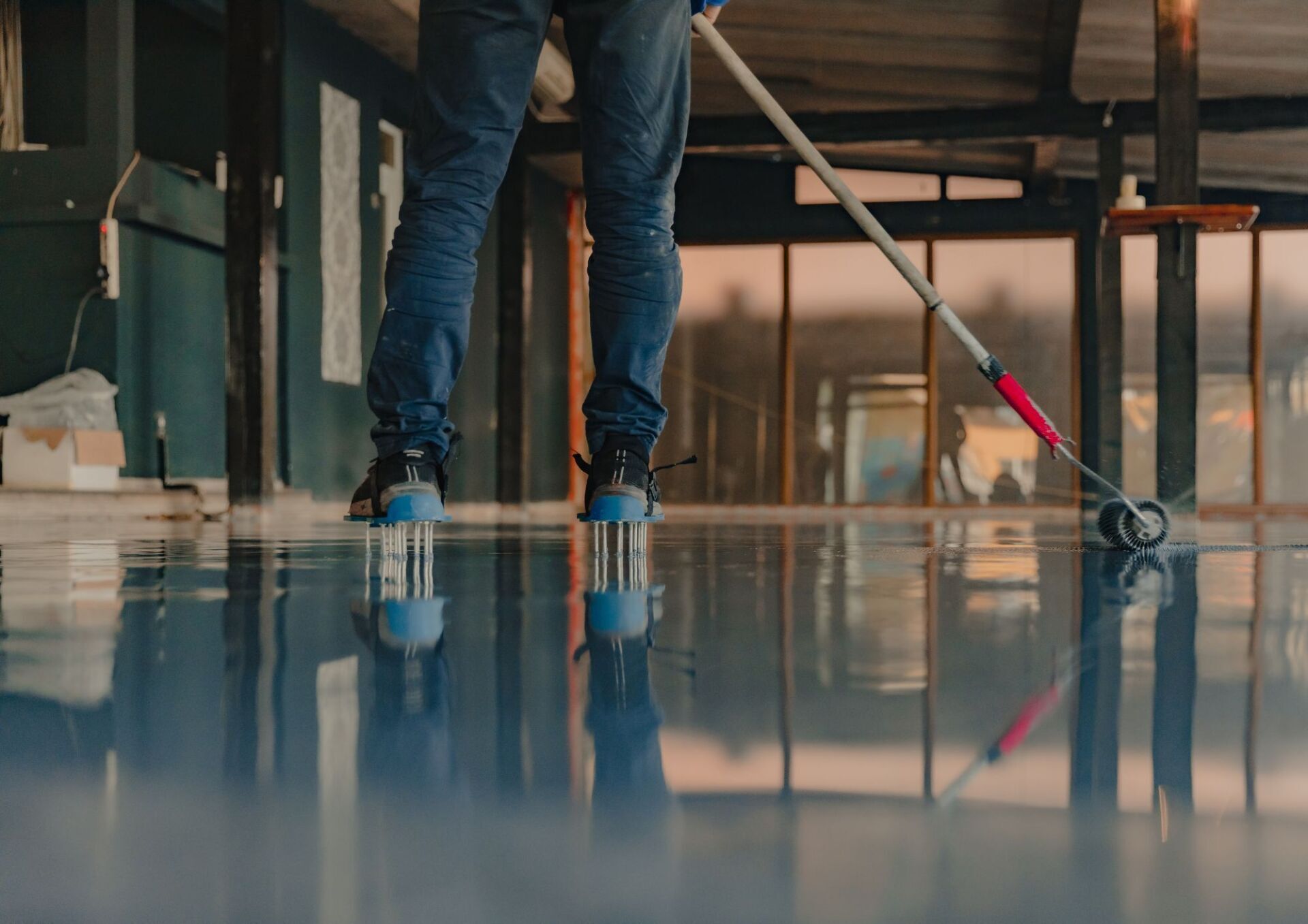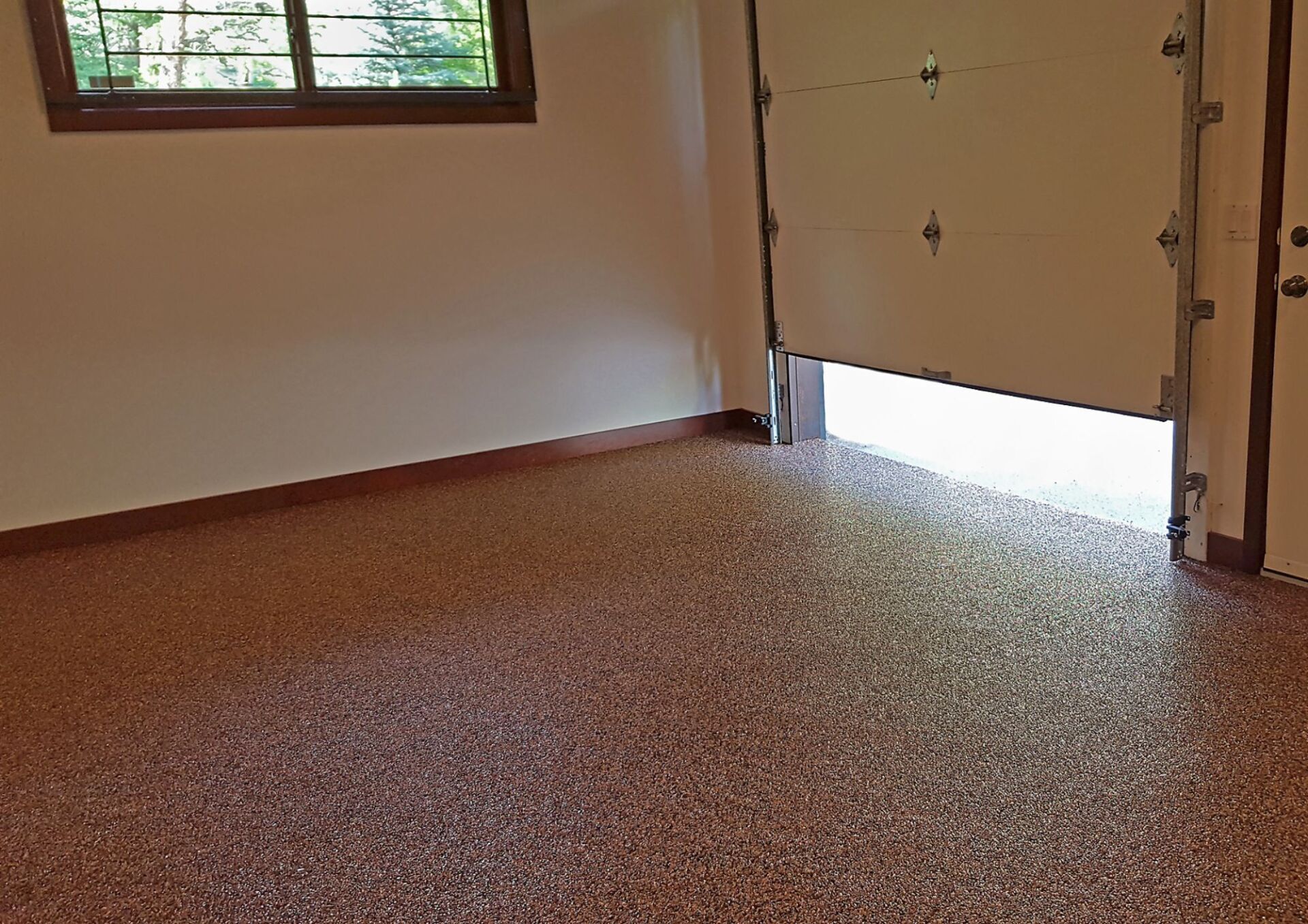How Thick Are Epoxy Floors?
Cracking the Code on Epoxy Floor Thickness: Not Too Thin, Not Too Thick!
Hey there, curious minds! If you've ever found yourself staring at your garage floor and pondering the mysteries of epoxy thickness, you're in the right place. We're diving into the nitty-gritty of epoxy floor thickness – not too thin, not too thick, but just right, like Goldilocks' porridge. So, grab your thinking cap and let's decode this puzzle together!
The Goldilocks Dilemma
Picture this: you've decided to give your space a makeover, and epoxy flooring is your weapon of choice. But wait, you're not sure how thick it should be. Is thicker always better, or is there a sweet spot that'll keep your floor strong, sturdy, and ready for action? Well, my friends, welcome to the Goldilocks dilemma of epoxy floor thickness.
Here's the scoop: epoxy floor thickness isn't about going all-out and slathering on layers like you're frosting a cake. It's about finding the balance that suits your needs and your space. Too thin, and your floor might not have the strength to withstand life's little surprises. Too thick, and you might end up with a clunky, uneven surface that's more rollercoaster than floor. So, let's aim for that just-right thickness that'll have your space looking and feeling fantastic.
The Magic Number
Now, let's talk numbers. Epoxy floor thickness typically ranges from 2 to 3 millimeters (that's about as thick as a couple of dimes stacked together). This might sound slim, but don't let those millimeters fool you – they pack a punch when it comes to durability.
For most residential and light commercial spaces, a 2 to 3 millimeter thickness is the golden ticket. It offers a sturdy shield against daily wear and tear, foot traffic, and even the occasional furniture repositioning frenzy. Plus, it's not so thick that it feels like you're walking on a trampoline (although that could be fun, let's be real).
Thicker Ain't Always Better
Now, let's address the myth that thicker is always better. While it might seem like adding more layers is the ultimate solution, it's not necessarily the case with epoxy flooring. Going overboard with thickness can lead to uneven curing, longer drying times, and the risk of air bubbles trapped beneath the surface. Nobody wants a bumpy, bubbly floor that feels like an experiment gone wrong.
Remember, the key to epoxy's strength lies in its proper bonding with the concrete underneath. Adding too many layers could compromise this bond and lead to a less-than-optimal result. So, resist the urge to pile on the epoxy like you're frosting a skyscraper-sized cupcake. Stick to the recommended thickness, and you'll be on the path to epoxy success.
Consider Your Space
Before you dive headfirst into the epoxy thickness conundrum, take a moment to consider your space's specific needs. A residential garage might not require the same thickness as a heavy-duty industrial workshop. Are you planning to park your car in the garage, or is it going to be your weekend warrior workshop? These factors can influence your epoxy floor thickness decision.
If you're dealing with heavy machinery, constant foot traffic, or extreme conditions, you might want to lean toward the thicker end of the spectrum. But if your space is more of a chill zone with occasional action, the standard 2 to 3 millimeters should have you covered.
In Conclusion: Finding the Epoxy Sweet Spot
So, there you have it, epoxy explorers – the scoop on epoxy floor thickness! It's all about finding that sweet spot that offers the right mix of durability and practicality for your space. Remember, thicker isn't always better, and going Goldilocks-style with 2 to 3 millimeters is the way to go.
Before you roll up your sleeves and start the epoxy adventure, assess your space's needs, and consider how much action it's going to see. Then, armed with this newfound knowledge, you'll be ready to tackle your epoxy project like a pro, achieving that just-right thickness that'll have your space looking slick and feeling sturdy. So, here's to floors that are as balanced as a tightrope walker and as resilient as your favorite pair of sneakers!
Looking for a Calgary Epoxy Flooring solution? Give us a call and get a free quote.
You might also like


